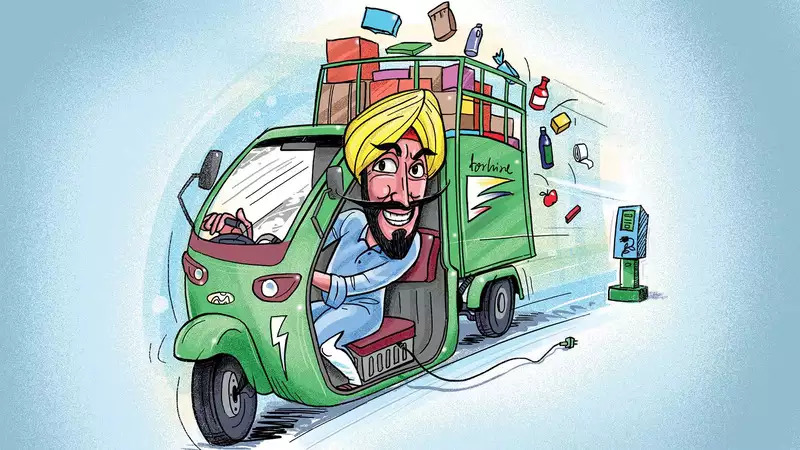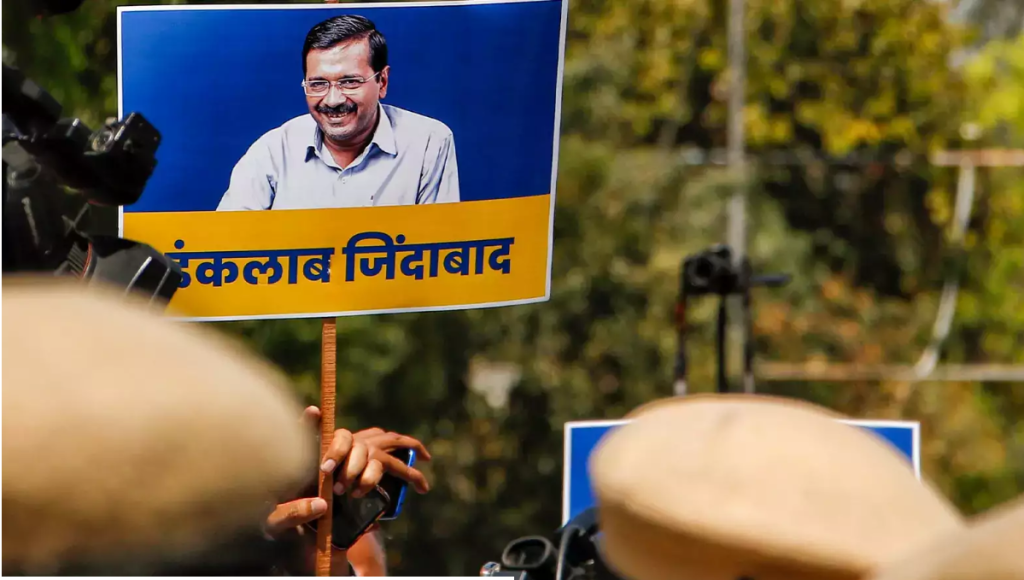NEW DELHI: It should be an election budget. So, expect higher exemption limits for income tax, cuts in corporate tax and customs duty, selective cuts in excise duty, and big spending on welfare and social schemes in the coming budget.
Expect huge provisions for higher government salaries in anticipation of the next Pay Commission award. And expect a continuation of gargantuan off-budget subsidies for oil (and possibly, fertilisers and food), in an attempt to obscure the sad fact that the fiscal and revenue deficits are way above the limits ordained by the Fiscal Responsibility and Budget Management Act.
Finance ministers are politicians first and economists only second or third. The next general election is due in May 2009, so Mr Chidabaram will not be able to present a regular budget in 2009. Hence his 2008 budget will be his last. It will come too long before the next election to really have a significant electoral impact. Yet it is politically necessary for him to satisfy Madam that he has done his bit to get her re-elected.
Mr Chidambaram is blessed to have revenue pouring out of his ears. Four years of 8-9% GDP growth have yielded a cascade of tax revenue, with direct tax collections rising by over 40% for two years running. This gives him the flexibility rarely available to finance ministers. He will be able to provide for a stiff increase in government salaries (after the Pay Commission award) without creating a huge fiscal hole.
India’s corporate tax rate, including surcharge and cess, is 33.9%, over and above which companies pay dividend tax. The corporate tax rate is much lower in Malaysia (27%), Taiwan (25%), Singapore (18%) and Hong Kong (17.5%). However, finance ministry officials are quick to point out that, because of many exemptions, the effective corporate tax rate is only 19% or so. So Mr Chidambaram may opt for a lower tax rate — possibly by abolishing the surcharge — combined with a pruning of exemptions.
India’s income tax rate is not high by Asian or global standards. But the exemption limits are very low. So, expect a significant rise in the exemption limit, from Rs 1.1 lakh for individuals, Rs 1.45 lakh for women, and Rs 1.95 lakh for senior citizens above 65 years. Technically, raising the exemption limit after years of inflation simply corrects for “bracket creep” without really reducing the tax burden in real terms. But on budget day this always looks like manna from above, and so this looks certain to be on the agenda.
Back in his dream budget of 1997, Mr Chidambaram said he would aim to reduce customs duty to ASEAN rates. The average ASEAN rate is around 8% , and he is likely to reduce the rate on many items to this level, and declare that a visionary goal has been reached. For this he will get much-merited applause.
He will extend the service tax to new areas, and make preparations for its integration into a Goods and Services Tax by 2010, another major milestone in tax reform. With luck, he may still be finance minister on that date. Mr Chidambaram has long claimed to be on track on reducing the fiscal deficit to 3% and revenue budget to zero by 2009.
Indeed, given revenue buoyancy, he may claim that he has already achieved the fiscal deficit target this year, and will hit the revenue deficit target next year. But these claims are based on smoke and mirrors. Because of political difficulties in raising the price of petroleum products, fertilisers or grains in the public distribution system, the public sector entities involved have suffered huge shortfalls of 2% or more of GDP, which are being financed by the government.
But instead of showing these are explicit subsidies, Mr Chidambaram has been showing them as off-budget bond issues. His budgets provide only for the interest payable on the bonds, not the value of bonds themselves. Such creative accounting is exactly what led to the collapse of Enron in 2001. Governments, unlike corporations, do not go bust. But the fact is that the bond issues make a mockery of FRBM targets. It is a major blemish on his otherwise outstanding record as finance minister.




